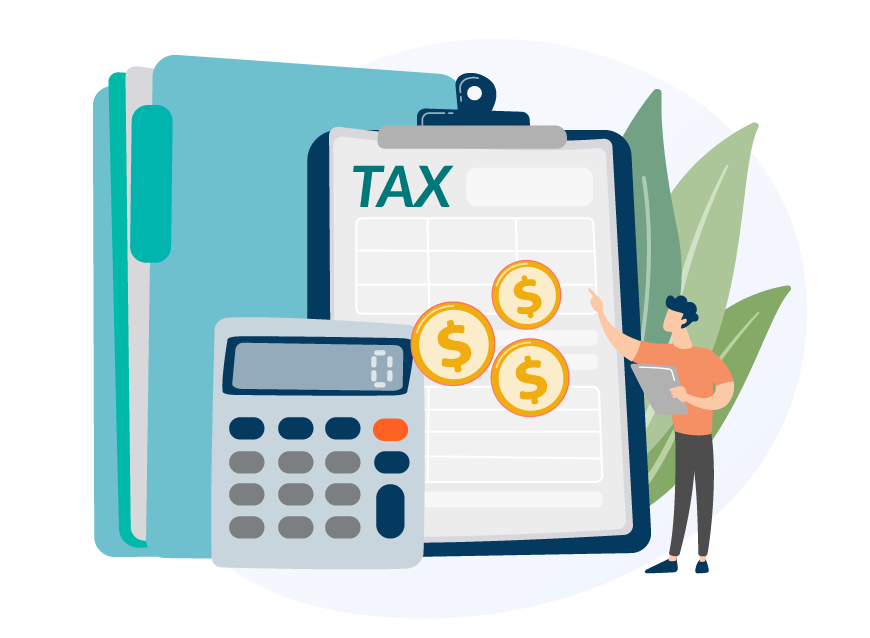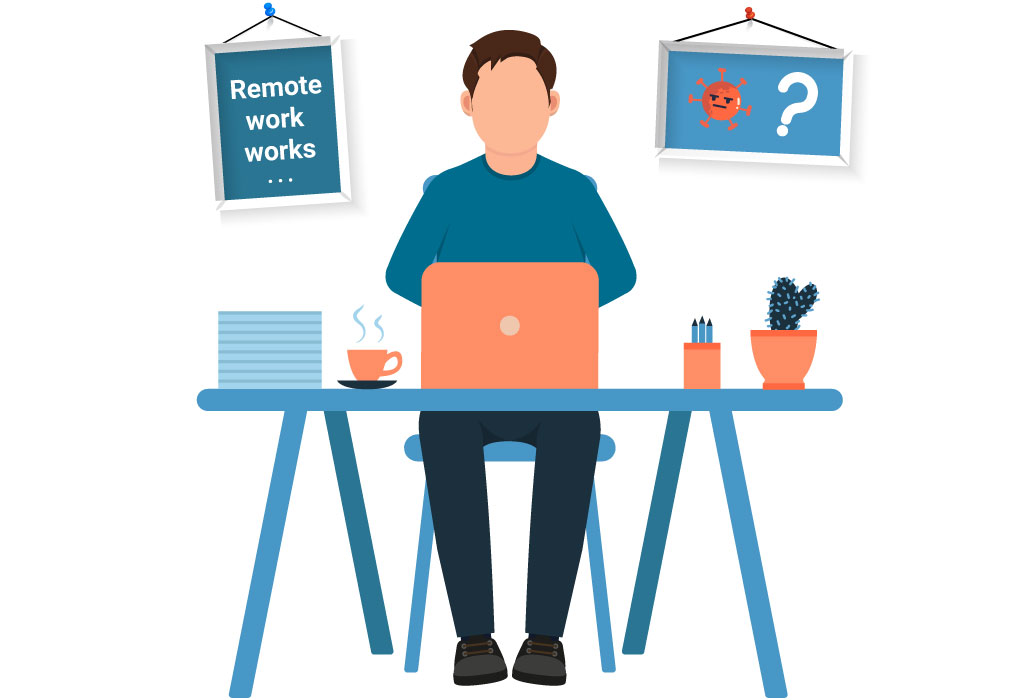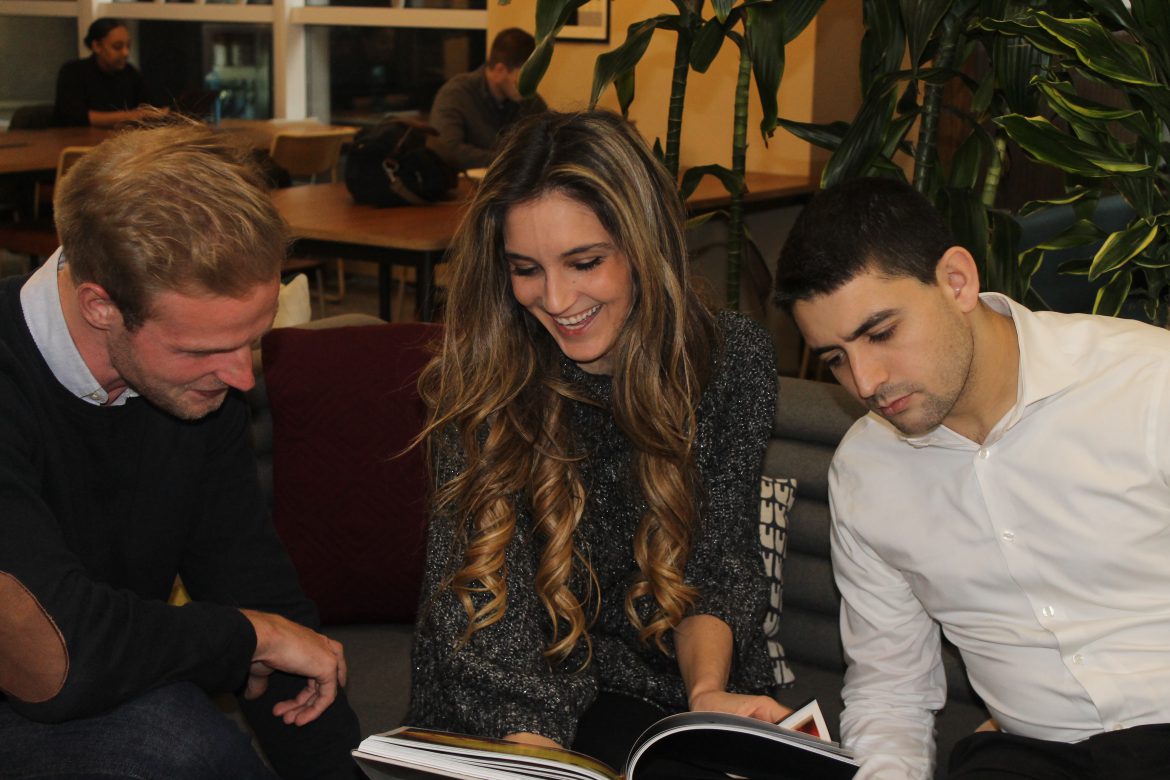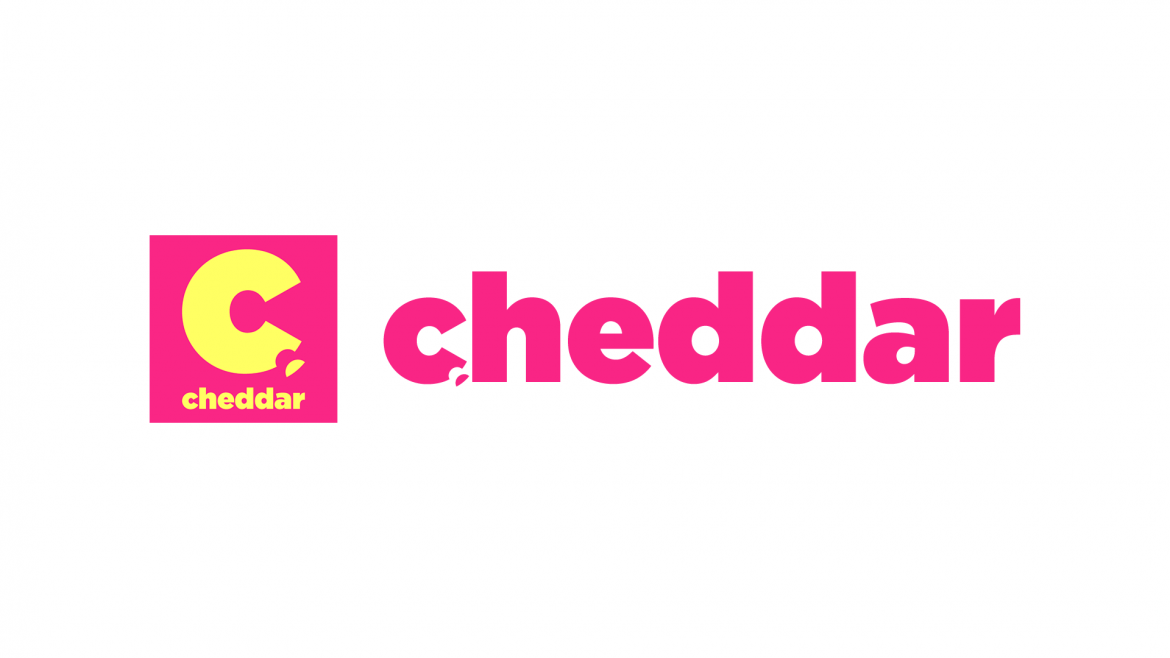WorkGenius announced in September it was opening its popular Digital Workforce platform to freelancers from around the world. The German start-up had previously limited access to well-paying digital projects to students from colleges in Europe and the Americas. In the first two months after the announcement, the company has been through what seems to be a steep learning curve. The problems that the platform tries to address are very different when it comes to students versus professional freelancers. Satisfying the very different needs of their genius talent community is the main challenge that comes with designing the future for work and the infrastructure that supports it.
The team is learning fast and has started several efforts to better understand the needs of their user base. As a result, and among other initiatives, the company is announcing the release of a Benefits Marketplace. This is the company’s attempt to experiment with work-life related benefits that all of their US freelancers will have access to.
WorkGenius is kick-starting this initiative with two health-related benefits. The company has partnered with Stride in order to help freelancers save time and money on insurance and with Aaptiv in order to help freelancers stay fit and healthy with Aaptiv’s Music-Driven, Trainer-Led Audio Workouts. “Helping our users build good working habits is a win-win situation for both personal happiness and work productivity. Health was just the obvious place to start from.” explains CEO Marlon Litz-Rosenzweig, who founded the company a little over five years ago with Daniel Barke. Existing users can take advantage of these benefits right away and WorkGenius will be adding more benefits over time.
Research conducted by WorkGenius determined that companies struggle to find, evaluate, select, manage, and pay freelancers properly, especially when they require a large number of individuals to work on a project in parallel. The WorkGenius platform not only handles all these steps automatically but also splits large projects into smaller tasks that are then assigned to sometimes hundreds of freelancers. “We staff projects within 28 minutes on average,” explains Daniel Colomer, Head of Product. “It’s practically impossible for a company to do that without our technology.”

























